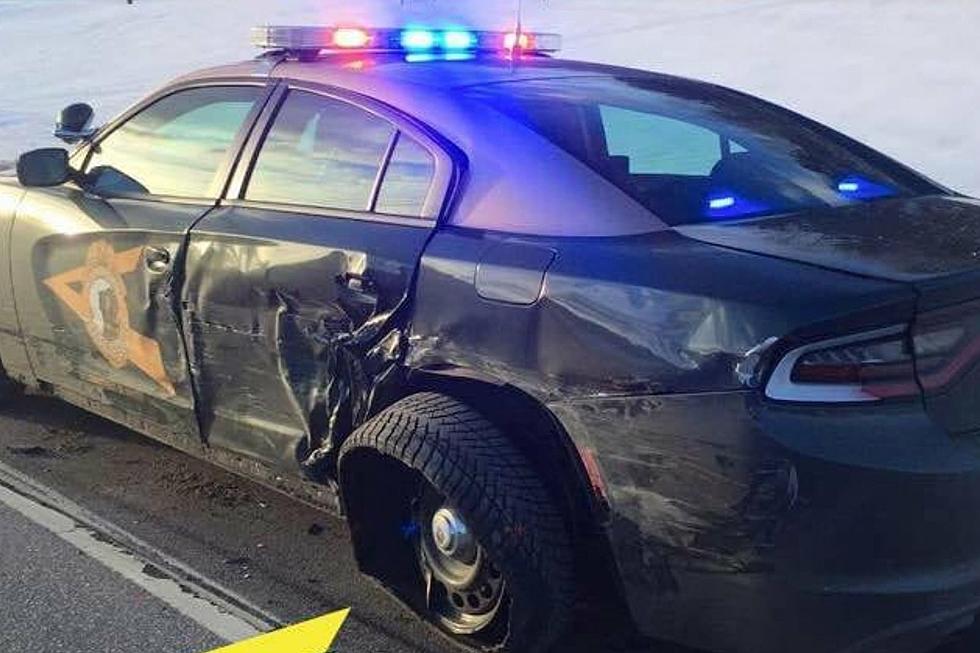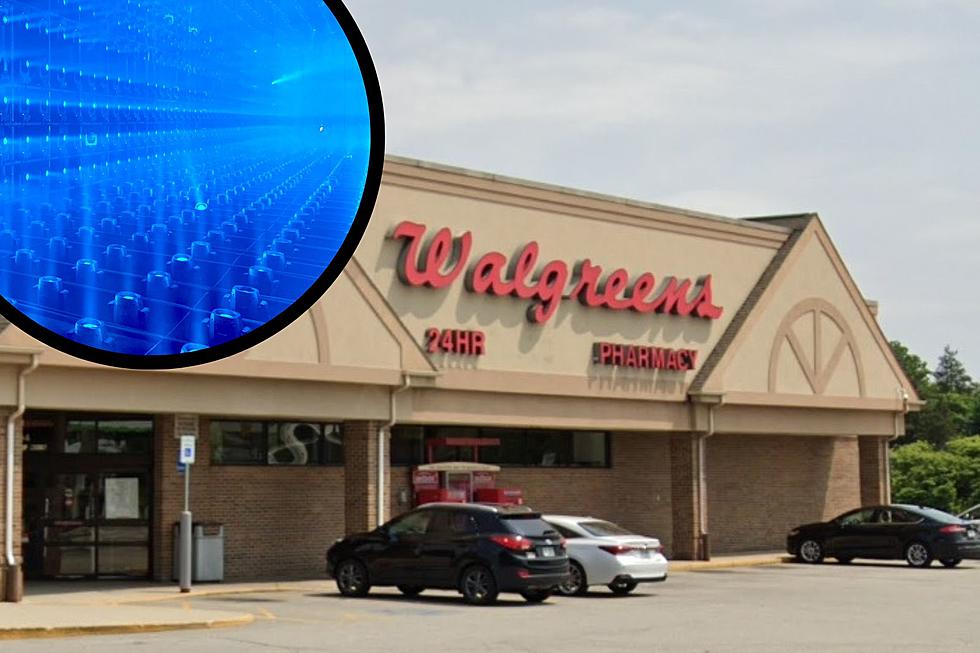
Can You Believe 11 New Hampshire State Police Cars Have Been Hit This Year?
Editor's note: This article was written by a Townsquare Media Northern New England contributor and may contain the individual's views, opinions or personal experiences.
Eleven New Hampshire State Police cruisers have been hit on New Hampshire roadways so far this year, according to a New Hampshire State Police Facebook post.
Let's reflect on those numbers:
- 11 cruisers struck this year alone (2022).
- 11 cruisers struck in 81 days.
- That is about one cruiser struck per week. That feels sickening when you think about it.
These are the people who protect us. We, as a community and state, must do better.
With crash rates into cruisers as high as they are as we start into 2022, I figured it was a good time to review a little law called the "Move Over Law."
The move over law was established in 1996 and requires drivers to move over a lane, or to slow down if traffic is heavy whenever approaching or passing an emergency situation on any road at any time, according to the New Hampshire Department of Transportation.
"Emergency personnel can only do so much to keep themselves safe when they pull over on the side of the road," said New Hampshire Department of Safety Commissioner Robert Quinn in a NHDOT press release from 2021. "Slowing down and moving over away from emergency responders should be common sense, but not enough drivers do it. If you cannot safely pull over into the other lane, be sure to slow down to a safe speed."
It should seem like common sense. It isn't to some. That is okay. We can use these past 81 days as a learning moment.
Move over.
For more detailed information about the moving law, see below.

